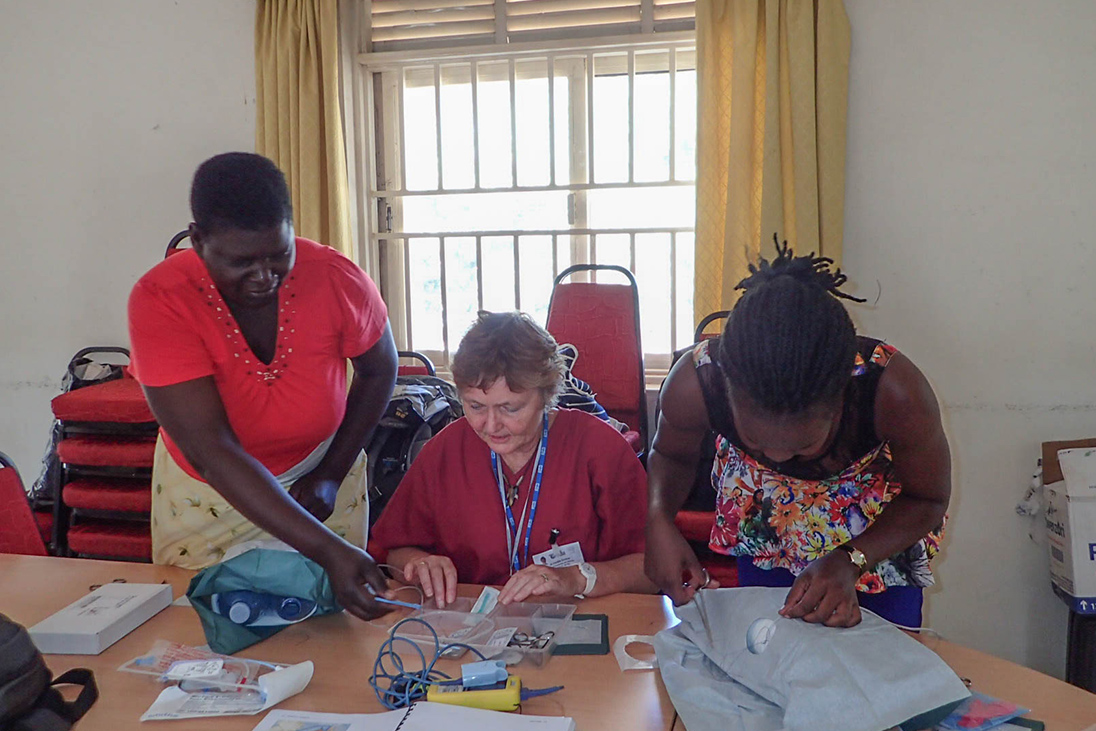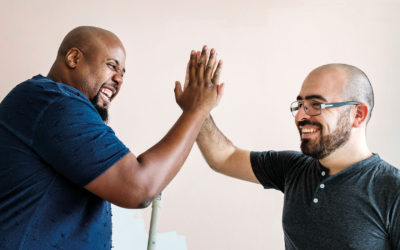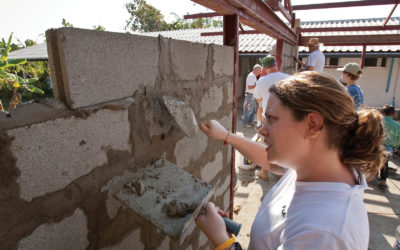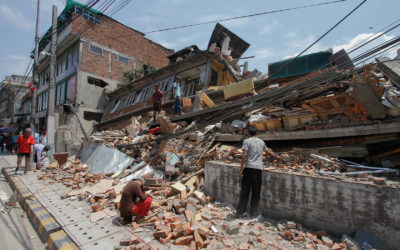Poole Africa Link has been sending teams of doctors and nurses from Poole Hospital to work in Africa for over 10 years.
Initially, the project was with Wau Hospital in South Sudan, where teams from Poole Hospital would fly out to provide training for up to three weeks at a time of key medical staff.
There, the hospital had nothing, and our efforts were towards teaching the basics – hygiene, how to make basic clinical observations, and how to use oxygen.
There are many charities which visit for short trips, or people who work for longer periods of time. All these groups make an important contribution. The other type of contribution is equipment.
Unfortunately some people in the UK have not understood the fragile situation in Africa.
Often the equipment which is sent is unserviceable and ends up in a cupboard. CT scanners and X-ray machines which need electricity, syringe pumps which need single-use disposable items to function, or ventilators which need staff with the necessary expertise, 24 hours a day.


The Dorset-based team have been training Ugandan health workers in basic and advanced midwifery.
Our fund-raising goes towards flights and accommodation in Africa. We also manage to raise enough for small items such as watches, thermometers, blood pressure monitors and fetal stethoscopes.
With our extensive experience, we buy items which are appropriate and affordable, but sometimes we need a little help for the more expensive items.
Rotary has been very supportive to us over the years by helping to fund these more expensive items which we have identified as being both useful and functional.
Thanks to North Dorset Rotary, we have been able to buy equipment such as oxygen concentrators, which make oxygen available without expensive cylinders, solar fridges which keep drugs, insulin and vaccines at the correct temperature without the need for a constant power supply.
Five years ago, the political situation deteriorated in South Sudan and we had to find an alternative country to operate from.
We were introduced to Lira University in the north of Uganda, which had just started training midwives and public health clinicians.
Some people in the UK have not understood how fragile it is in Africa.”
Since we started working with them, they have built and equipped a new University Hospital of 100 beds. Uganda has attracted significant funding in the past, but nearly all of it has been concentrated in the south of the country, mainly Kampala. The need for support outside the main cities remains huge.
Again, our priority has been to concentrate on the basics, but Uganda is further advanced and we support the teaching of the midwives to a high standard.
Our focus has been in line with World Health Organization goals, such as safe surgery and safe obstetrics with midwifery training. We teach basic and advanced midwifery, ultrasound skills, recognition of a deteriorating paediatric and adult patient, and how to manage emergency situations.
We also work with the local tutors, developing their teaching methods with more scenario-based training, providing them with updates of UK developments.
We also teach leadership, communication skills, human factors training, infection control strategies and safety initiatives. On our last visit, we clocked up over 200 hours of formal teaching between team members.
Rotary has been very supportive to us over the years by helping to fund these more expensive items which we have identified as being both useful and functional.”
The new hospital is starting to take patients. Once fully operational, the students, doctors and midwives will gain experience in a far better environment than the local government hospital.
Lira University Hospital will be a beacon for northern Uganda, well equipped, working to high standards and staffed by well-trained doctors and nurses. There are also plans for a medical school.
This year, alongside the opening of the new hospital, our focus has been on the recognition and management of sepsis, including hand hygiene, and the appropriate use of antibiotics.
We have spent significant time with the doctors, nurses and students, teaching them about the need for a drug prescription/administration chart on the wards, so everyone can see what has been given and when.
There are no medically qualified anaesthetists, so anaesthesia training is very important for the two anaesthetic nurses. We also teach the basics of anaesthesia to the midwives, who can then provide educated support with monitoring patients, particularly after spinal blocks for caesarean section.
There is huge scope in the future for developing short training videos for the relatives, teaching them how to care for their relatives with feeding, washing and general hygiene, turning them in bed, and helping them to be mobile.
Lira University Hospital will be a beacon for northern Uganda, well equipped, working to high standards and staffed by well-trained doctors and nurses. There are also plans for a medical school.”
There are very few nurses, so the attendants are a valuable resource for basic nursing care.
There is always something that we would love to source for them. From ultrasound machines, ECG machines, oximeters, operating theatre patient monitors.
Last year, with the help of Wareham Rotary, we were able to purchase a Glostavent anaesthetic machine, designed for use in resource-poor countries.
It works with an oxygen concentrator, and has in-built batteries to function for a further 30 minutes in the event of a power outage.
We recently returned from Lira with such a feeling of achievement.
The Glostavent anaesthetic machine is working well. Our teaching was so well received and the students are enthusiastic about their future and confident that they will get good jobs.
In addition our UK volunteers learn about themselves and find they are re-energised for their work in UK, really appreciative of the NHS and what it can offer.
For more information visit Poole Africa Link website.


























































